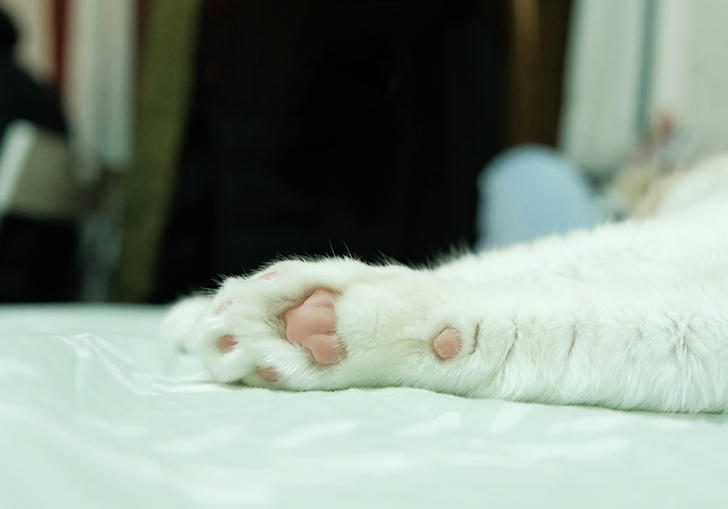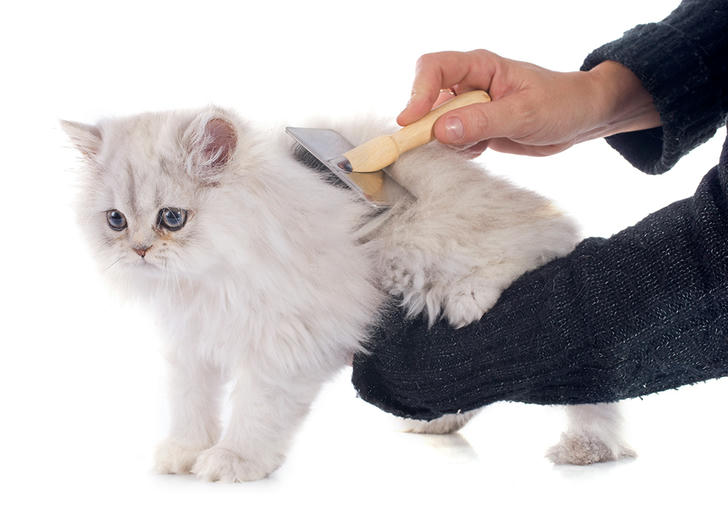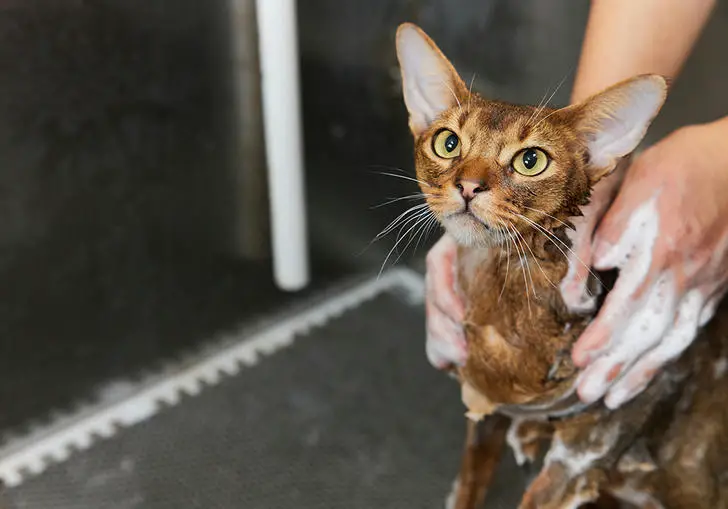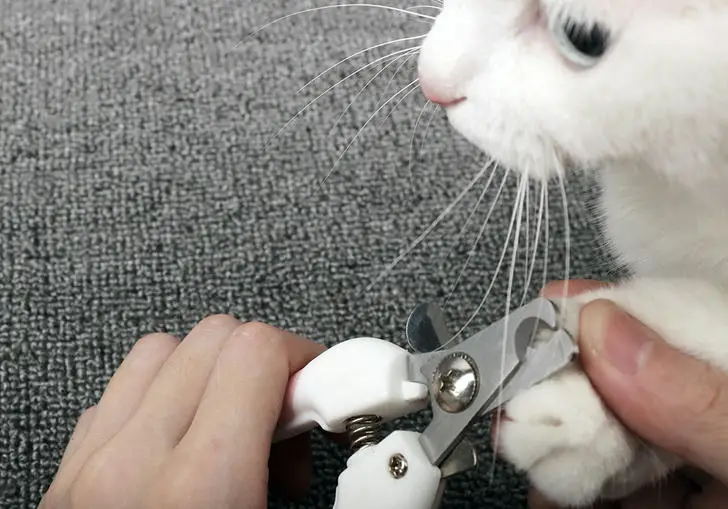7 Tips to Keep Your Cats Clean and Healthy
Advertisement

Did you know that the dirtiest animal on earth is the cat? That's because felines are natural hunters and their prey typically spends a lot of time in muddy, dark or humid environments. As a result, cats can easily contract worms, mites or other nasty parasites from hunting small rodents or birds in nature. Cats are also much more independent than other domesticated animals and prefer to hunt on their own rather than interacting with humans and other pets. This means that cat owners need to be especially vigilant about keeping their pets clean and healthy. Here are some practical tips to help you keep your cat clean and healthy:
1.Give your cat a helping hand

Most cats are perfectly capable of keeping clean, but they can also be occasionally lazy. If you find that your cat isn't cleaning their paws after they come in from outside, try spraying their feet with some water before they go out again. You can also try spraying the front door with a disinfectant spray to help prevent your cat from bringing in fleas and other parasites. Be sure to give your cat some extra attention and affection if they're having a stressful time, as stress can cause cats to go off their cleanliness routine and start grooming less often.
2.Brush your cat regularly

Brushing your cat has multiple benefits, from preventing fleas to keeping their coat healthy and beautiful. You don't need to do it every day – once or twice a week is plenty for most cats. You can use a regular comb if you prefer, but a cat brush is designed to be gentler on your pet's skin and fur. Regular brushing will help you discover any worms or fleas that are infesting your cat's coat. This is important because you can't see these pests with the naked eye, so it's best to discover them early. Regular brushing can also help prevent your cat from developing hairballs and keep their teeth clean. Be sure to use a rubber off-switch to protect your hands and fingers while brushing. This will also help you keep the process shorter and gentler for your cat.
3.Wash your cat with anti-bacterial soap

Cats can't be bathed the same way as dogs because they must keep their fur water-repellent. Cats spend most of their time in dusty, dirty places and they groom themselves regularly to keep their fur clean. If you force your cat to take a bath, the fur can't repel the dirt and dust, leading to an increased risk of infections and parasites. When you do need to bathe your cat, use an anti-bacterial soap and make sure the water is lukewarm or cold. You should also use shampoo designed for cats, as human shampoo is too harsh for their skin. If your cat is especially dirty, you may need to give them a bath more than once. Cats who walk outside also need to have their fur washed regularly – every few weeks is usually enough.
4.Find out what makes your cat feel good and help him or her reach that place as often as possible.

Cats are often very vocal and expressive and will let you know exactly how they feel. If your cat is grinding his or her teeth, especially at night, it may be a sign of stress or anxiety. If you notice your cat doing this, try to make changes to reduce your pet's stress, such as keeping them inside more often or moving the litter box. You can also try massaging your cat to help them relax and feel good. If you're not sure where to start, there are some great videos online to help you out. If your cat lets you touch them, consider daily massage a part of their grooming routine.
5.Change the litter frequently, especially if you have more than one cat in the house.

If you have multiple cats in the house, you need to change the litter box frequently. Ideally, you should clean it every day, especially if your cats only visit the box once a day. The litter box is a source of bacteria, so you need to keep it as clean as possible. You can also add a bit of deodorizer to help cover up any unpleasant smells. Keep in mind that two cats are more likely to spread infections and parasites than one. This is especially true if your cats don't go out much or use the litter box regularly. Try to keep your cats indoors when they are young, since they are more likely to pick up worms and other nasty infections while they're young.
6.Don't forget to trim your pet's nails.

Cats' nails grow constantly, and you should check them at least once a month. If you don't, they will get so long that they break off and this can lead to infection. If you aren't sure how to cut your cat's nails, you should visit the vet or groomer and ask them to show you how. You can also buy nail clippers designed for cats, but make sure to get one with a guillotine design. Cats aren't fond of having their nails clipped, so it's best to do this while they're sleeping or distracted. If you cut your cat's nails too short, they'll bleed. Try to avoid this by cutting them just a little bit each time until you know what's the right length for your kitty.
7.Make the most of grooming tools that are designed just for cats.

Most cats are independent and prefer to groom themselves, but they may not do a thorough enough job. This is particularly true for kittens and older cats. You can help your cat stay clean by using a rubber grooming brush or a soft-bristled comb to remove loose fur. If your cat is an indoor-only cat, you need to groom them more often than if they go outside. This is especially true if your cat is a long-haired breed, as they will collect more fur than short-haired cats. Regular grooming will make sure that your kitty is as clean as possible, and will also help you spot any fleas or worms that may be infesting your pet. By following these tips, you can make sure your cat stays clean, healthy and happy.



